Radio Diversity, Innovation & Policies
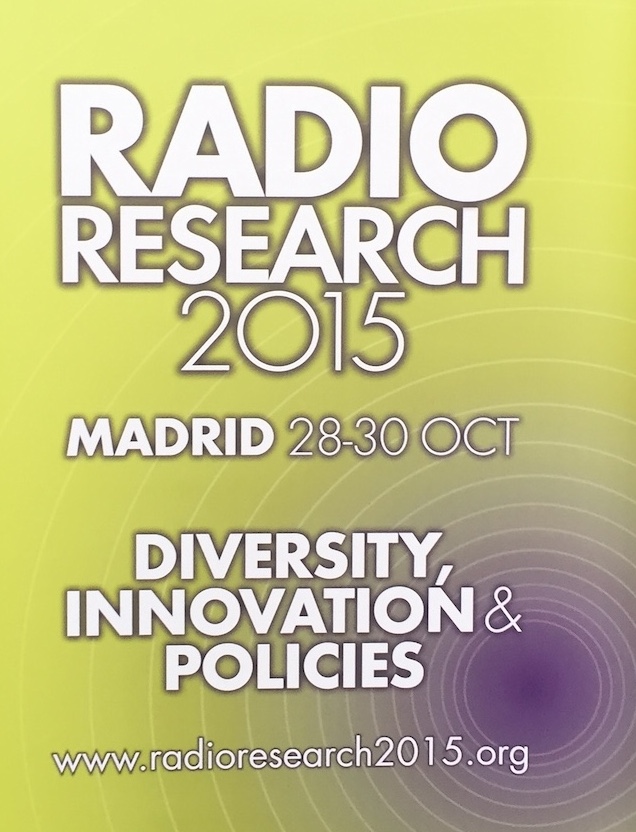
Radio is everywhere; radio is resilient. But what will happen to community radio if governments bypass or refuse to provide imperative policies? These and other questions are raised by Maria Erliza Pedersen, Ørecomm contributor and a researcher from Malmø University, who took part in the recent ECREA Radio Research 2015 in Spain.
Some European governments see the World Wide Web as a sufficient site for sharing information. Moreover, radio research is considered to be a “niche” compared to other communication studies. The most important is to “understand what needs to be done to keep sound audible”, meaning to keep radio an important tool also for the minority groups. Community Media Forum Europe (CFME) highlights that there is a need for more community radio in Europe as this is an important precondition to community participation and realizing the right to communicate. Spain itself is a vivid example in this case. It does not only comply with implementing its law on the regulation of community radio that would enhance a diversified media landscape, but also further recommends to exclude community media from the existing audio-visual legislation.
Limitless Space
What is transnational radio? Does it simply focus on the capacity of radio broadcasting to transcend beyond borders? One of the highlights of the conference, Crossing Boundaries workshop, associated with Transnational Radio Encounters and facilitated by Peter Lewis and Caroline Mitchell, explored these questions. It highlighted ethnic minorities, such as migrant communities in community radio and specifically looked into questions on sound, language, music, infrastructure, and memory. The concept ‘transnational’, as argued by participants, should not be limited to radio waves going beyond a specific country’s territory. If we study migrant communities’ participation by means of community radio broadcasting, then we should also recognize this as a process of transnationalism, where in migrants form this link back to their homeland through broadcasting. There is relatively common practice of using one’s own language in migrant radio programs as this allows members of migrant groups to create a space for collective memory.
There are other crucial points of discussion in community radio such as questions of infrastructure as well as finance and national regulations. For instance, many people would associate radio broadcasting to a specific radio station located somewhere, but there are also other ways of broadcasting that do not necessarily involve a specific space to accommodate such process, and this is where Internet radio comes in, and for some people this is not as straightforward as it is for many of us.
 New PhD opportunities at the University of Leicester
New PhD opportunities at the University of Leicester Call for Abstracts: New Directions in Media, Communication and Sociology (NDiMS) Conference
Call for Abstracts: New Directions in Media, Communication and Sociology (NDiMS) Conference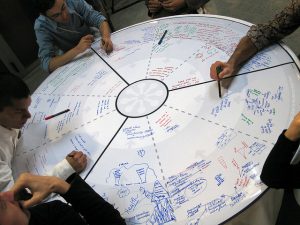 Ørecomm Team to Gather at the University of Coimbra
Ørecomm Team to Gather at the University of Coimbra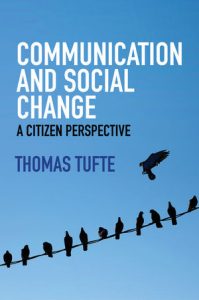 “Communication and Social Change – A Citizen Perspective” Published
“Communication and Social Change – A Citizen Perspective” Published C4D Network to Sum Up Global Communication for Development Practice
C4D Network to Sum Up Global Communication for Development Practice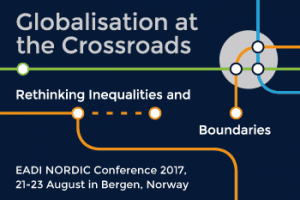 Entering Media and Communication into Development Conferences?
Entering Media and Communication into Development Conferences?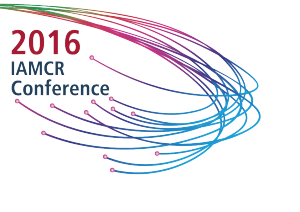 IAMCR Conference 2016: Communication for Development Highlights
IAMCR Conference 2016: Communication for Development Highlights Glocal Classroom Revisited – Storytelling & Social Change Leicester-Malmö
Glocal Classroom Revisited – Storytelling & Social Change Leicester-Malmö I EvalComDev International Conference: Call for Papers
I EvalComDev International Conference: Call for Papers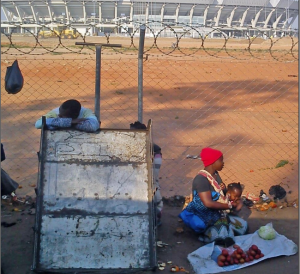 Looking for Media and Communication in Development Conferences: Devres 2016
Looking for Media and Communication in Development Conferences: Devres 2016